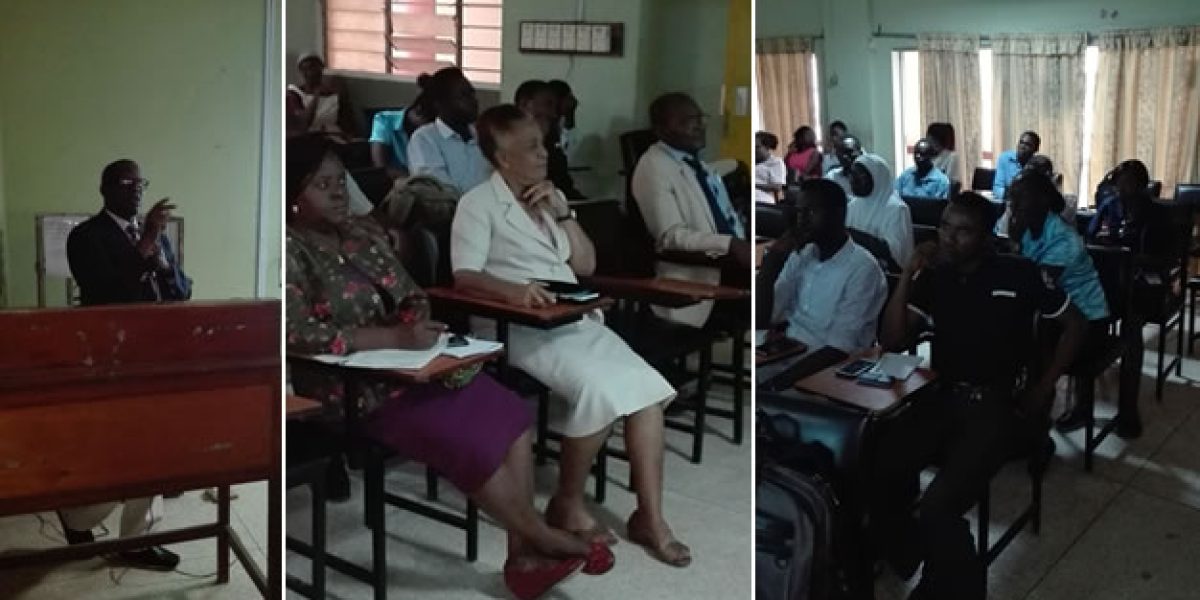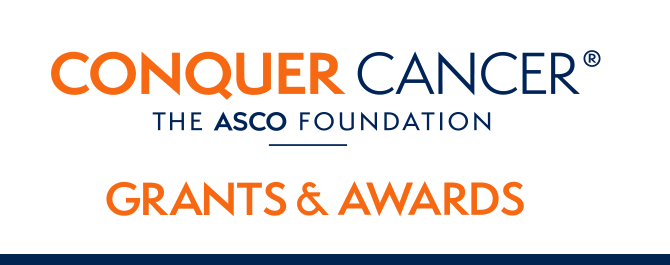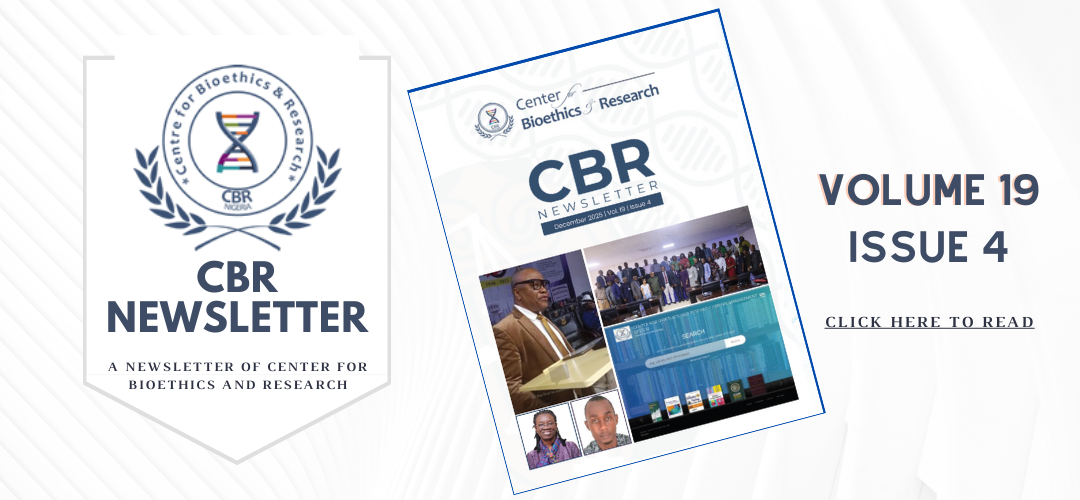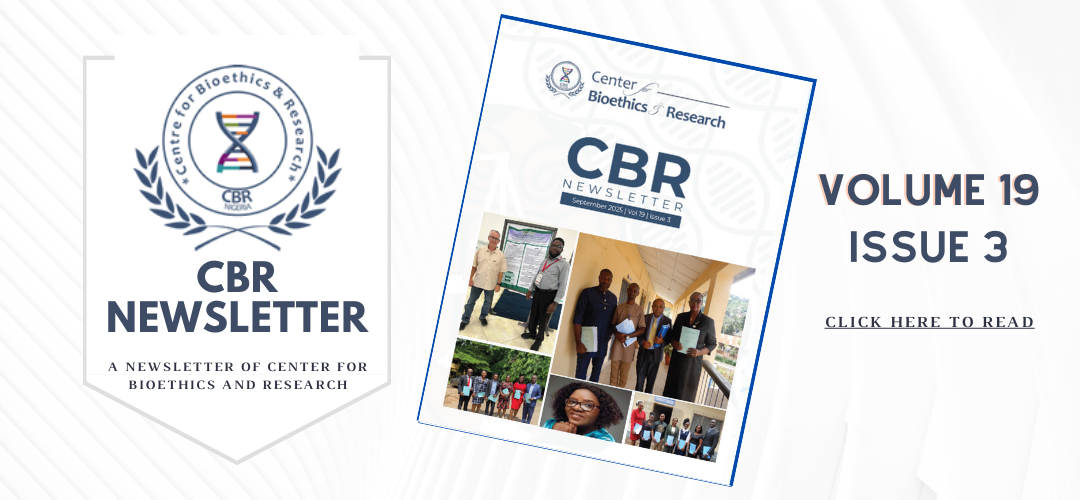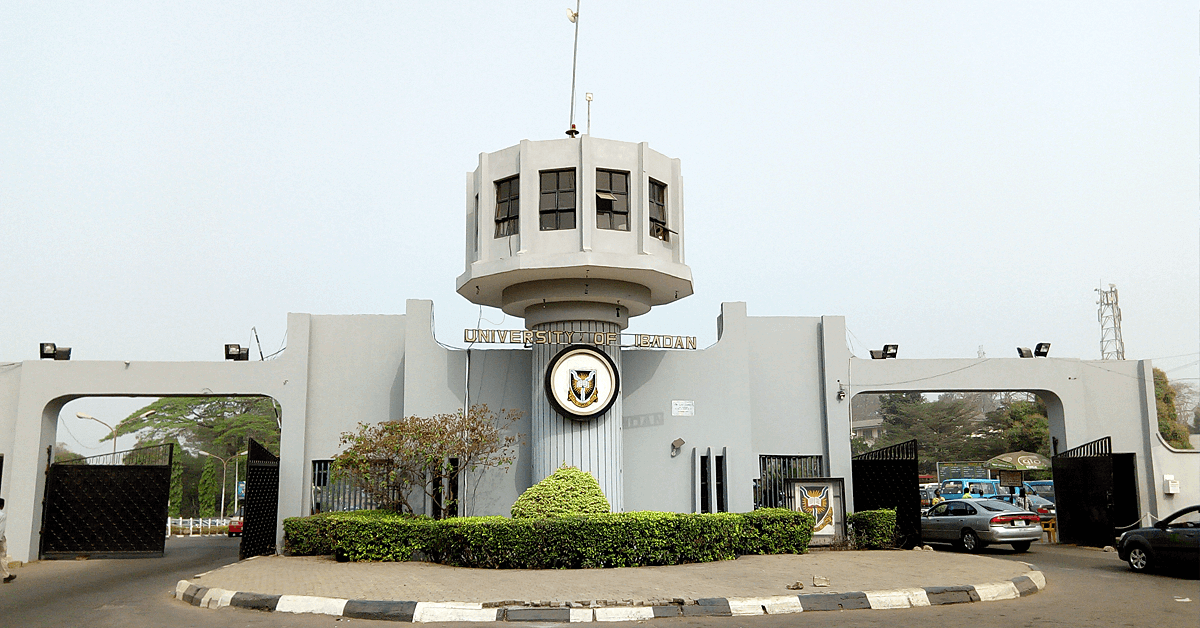Bioethics Seminar
Dept. of Surgery, College of Medicine, University of Ibadan, Ibadan.
Wednesday 23rd August, 2017.
The New WHO Guidelines on Ethical Issues in Public Health Surveillance: Implications for Action in Nigeria.
The Monthly Bioethics Seminar of the West African Bioethics Training Program (WAB), for August 2017 was held in the tutorial room of the Department of Surgery, College of Medicine, U.C.H, Ibadan.
Prof. Ademola Ajuwon a faculty member of WAB, and member of the public health department, College of Medicine, University of Ibadan was the speaker for August. His presentation was on the ‘’The New WHO Guidelines on Ethical Issues in Public Health Surveillance: Implications for Action in Nigeria’’.
He began his presentation by defining Public Health Surveillance according to the New W.H.O guidelines, as the continuous and systematic collection, analysis and interpretation of health-related data, for planning, implementation and evaluation of public health practice. He went on to list the importance of public health surveillance as:
- Means of routine monitor in disease trends
- Early detection of epidemics & rapid response
- Trends and spatial analysis of diseases
- Monitoring of health system performance
- Evaluation of control measures
- Policy analysis
He explained that public health surveillance Contributes to reduction of inequalities: ‘pockets of suffering that are unfair, unjust and preventable cannot be addressed if they are not first made visible. He mentioned Ethical challenges that are associated with Public Health Surveillance as factors that may limit privacy & civil liberties; surveillance may require mandatory quarantine, isolation or seizure of property during an epidemic
Surveillance that involves name-based reporting is an intrusion of privacy which may also cause discrimination and stigmatization; name-based reporting may undermine trust that citizens have in public health system, he referred to the early reporting period of HIV outbreak in some of the eastern states of Nigeria as an example.
Surveillance on risky behaviours among particular groups may trigger discrimination, examples of such are gays, sex workers, injection drug users. He described the breakout of the Ebola Virus disease epidemic in Liberia, Sierra-Leone and Guinea as consequences of non-existent or weak public health surveillance. Undermining the significance of surveillance can be described as what doesn’t get counted, doesn’t count.
Prof Ajuwon said the world needs guidelines for ethical conducts of Public Health Surveillance, he listed the reality of current world situation where HIV/AIDS, SARS, avian influenza, Ebola and Zika virus infection pose global threat which require surveillance.
Increase in zoonotic origin of many conditions which requires surveillance of animal- human interfaces. Availability of advances in technology that afford opportunity to collect surveillance data using social media- devices such as (GPS, mobile phone).
Some Ethical and logistic issues in Public Health Surveillance listed during the seminar include the following:
- What are the ethical obligations of conducting public health surveillance?
- What are the risks involved in conducting surveillance?
- How can the risks involved be balanced with potential benefits of surveillance?
- How can confidentiality be protected when surveillance is being conducted?
- Is it necessary to share data from surveillance? If so with whom should such data be shared?
- Under what circumstance is it acceptable to collect names and identifiers of persons providing information?
Prof Ajuwon explained that the New WHO guidelines have provided some answers to these and more questions. He explained that these guidelines were written and developed by professionals from diverse disciplines with multiple levels of review and editing, also supported by many donor agencies including Wellcome Trust that provided funding for the project.
The New WHO guideline on Ethics of Public Health was developed with four ethical principles:
Common Good: Surveillance is justified as a requirement that will be of benefit for the ‘good of all’.
Equity: Promotes equity by identifying the particular problems of disadvantaged population, providing evidence for targeted intervention.
Respect for Persons: Rights, liberty & interests of individuals and those of society are protected and risks for harm are minimized.
Good governance: Is required to ensure that ethical challenges posed by surveillance are addressed systematically, fairly & governance mechanism must be accountable & open to scrutiny.
Prof Ajuwon explained that Countries have an obligation to develop appropriate, feasible, sustainable public health surveillance systems. They also have an obligation to develop appropriate, effective mechanisms to ensure ethical surveillance. Countries must develop mechanism to provide oversight that ensures ethical conduct of Public Health surveillance.
Surveillance data should be collected only for a legitimate public health purpose and countries have an obligation to ensure that the data collected are of sufficient quality, including being timely, reliable and valid, to achieve public health goals. Quality of data is a pre-condition for their ethical use so planning for public health surveillance should be guided by transparent governmental priority-setting.
The global community has an obligation to support countries that lack adequate resources to undertake public health surveillance. The world is a global village; support is both help for other and protection of self, the values and concerns of communities should be taken into account in planning, implementing and using data from surveillance. Those responsible for surveillance should identify, evaluate, minimize and disclose risks for harm before surveillance is conducted. Surveillance of individuals or groups who are particularly susceptible to disease, harm or injustice is critical and demands careful scrutiny to avoid the imposition of unnecessary additional burdens.
Governments and others who hold surveillance data must ensure that identifiable data are appropriately secured, under certain circumstances the collection of names or identifiable data is justified for the following reasons:
- Avoidance of duplication & double-counting
- Surveillance register for longitudinal follow-up
- Investigation for outbreak of diseases, case follow-up or contact tracing
Individuals have an obligation to contribute to surveillance when reliable, valid, complete data sets are required and relevant protection is in place. Under these circumstances informed consent is not ethically required. Results of surveillance must be effectively communicated to relevant target audiences, with appropriate safeguards and justification those responsible for public health surveillance have an obligation to share data with other national and international public health agencies. Personally identifiable surveillance data should not be shared with agencies that are likely to use them to take action against individuals or for uses unrelated to public health.
Prof Malomo commented on the presentation by explaining the importance of Public Health Surveillance and the impact of the New WHO guidelines. He explained that personally identifiable surveillance data should not be shared with agencies that are likely to use them to take action against individuals or for uses unrelated to public health. He thanked Prof Ajuwon for the presentation.
The Seminar was closed by Dr Eyelade, she thanked everyone for coming and informed them that they were all welcome to attend the next edition of the seminar in September.

